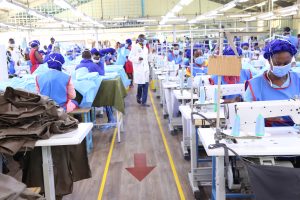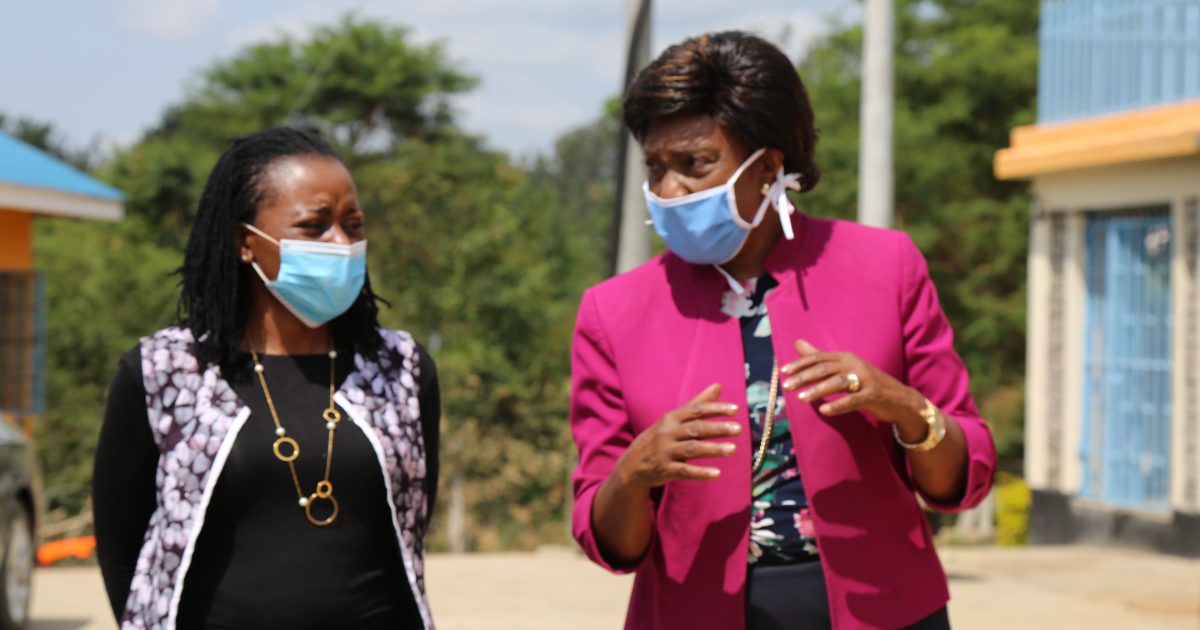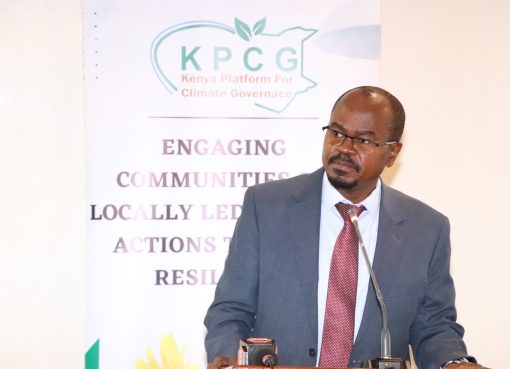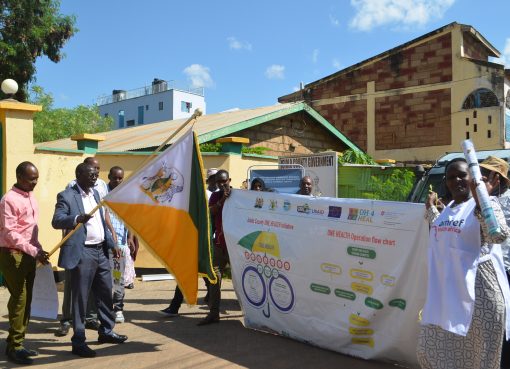Kenya Association of Manufacturers (KAM) Chief Executive Officer, Ms Phyllis Wakiaga has reiterated the need for Kenya Covid-19 Fund to support local industries in order to ensure a sustainable supply of Covid-19 preventive gear that is critical for frontline health workers.
Speaking on Friday during the Fund members’ visit to Kitui Textile Centre (KICOTEC) that included (KAM) and Equity Foundation, she added that working with local industry players will give small and medium enterprises (SMEs) in the Textiles and Apparels Sector an opportunity to seal gaps in the local value chain of Covid-19 protective gear.

Ms Wakiaga reaffirmed the association’s commitment to working with the government to relieve the ever-increasing demand for the much-needed critical items in the country, as the country seeks to curb the exposure and spread of coronavirus.
“The manufacturing sector is committed to support various on-going initiatives to mitigate the spread of the virus throughout the country,’ she said after touring KICOTEC.
The KAM CEO noted that the continued production of essential goods and services whilst remaining ethical and fair in pricing, will enable SMEs and those whose daily wage has been greatly impacted by the pandemic, to cater for their basic needs.
She applauded local manufacturers for their critical role in pulling the stop of importation of Personal protective Equipment (PPEs) and have increased their production of the critical items to meet the increasing demand.
The Kenya Bureau of Standards (KEBS) has issued guidelines and tested medical supplies including protective footwear and ventilator prototypes currently under development, full-body suits, headgears, protective footwear, hospital scrubs, hospital linen and surgical gloves.
The body has made available the standards on COVID-19 items for free on their website and shall give priority to samples related to the pandemic and reduced turnaround time for giving back results.
Ms Wakiaga said that KAM has released a list of local manufacturers who produce the material (Non-Woven Polypropylene) needed to manufacture 3-ply face masks (due to their high filtration ability).
Similarly, Kitui County Governor Charity Ngilu said the face masks produced at KICOTEC shall be used by both medical personnel and the general public as the country grapples with the coronavirus pandemic.
‘We have ventured into this noble course to help our people and the government by sewing masks to meet local demand. Face masks are one of the many critical non-pharmaceutical supplies that local industries have the capacity to produce for use by healthcare providers and the public,’ said Governor Ngilu.
She acknowledged that Kenyan manufacturers have the capacity to produce the critical items, noting, “The local textile industry now has the capacity to produce masks locally.”
Governor Ngilu called on the need to forge the resilience of local industries, especially SMEs by enhancing the local value chain – from raw materials to finished products.
‘By doing so, we can ensure the continued production of food and other essential items needed in the country,’ she said.
By Yobesh Onwong’a





